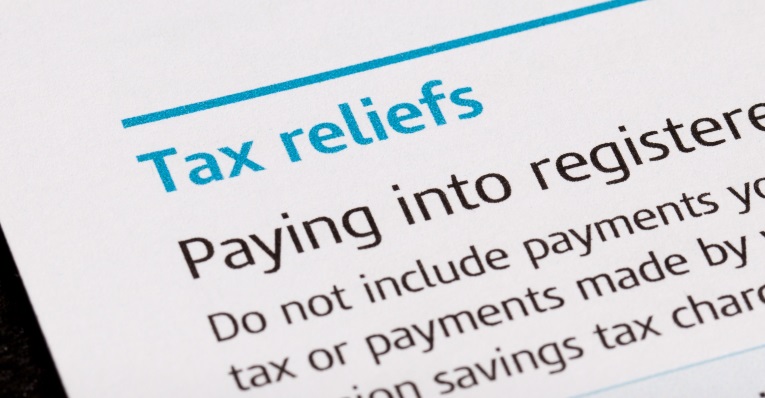How small businesses can benefit from the same tax reliefs as large companies

Posted: Wed 12th Mar 2025
5 min read
Ever wondered why you can't seem to claim the same tax reliefs as large companies?
How come your company has to pay so much tax, but others don't? Paula Tomlinson, Enterprise Nation adviser and founder of On The Spot Tax, offers advice on the tax reliefs small businesses can benefit from.
Tax rate
Only the smallest companies with taxable profits up to £50,000 pay the lowest company tax rate of 19%. For all companies whose taxable profits are above £250,000, the tax rate increases to 25%, so where profits are beyond £250,000 the tax rate itself doesn't explain any apparent disparity.
The explanation revolves around what can be deducted against sales to reduce the profit on which the 25% tax rate is paid. These can be called tax deductions.
So what tax deductions are large companies claiming?
Shares and share options for employees and directors
Many companies give shares to staff or sell them at a lower price than the true value. They are a great incentive helping businesses become more successful. Large companies are geared up for this, but small companies are not, and they are not very well understood.
Tax deductions are specifically made available to all companies for the profit employees make on their shares.
This revolves around the idea that these are part of being an employee, with the employee paying income tax and national insurance on this same profit. Therefore, the company enjoys a tax deduction for the amount by which the employee benefits.
For larger, high-profile companies such as Amazon and Facebook, these shares may be in the US top companies. As the US stock market rises, the profit which UK employees benefit from has increased, and therefore the tax deduction the UK company can claim increases.
All companies can benefit from exactly the same deduction and incentivise their staff with shares, however, the value of your company's shares may be difficult to determine, costly to prepare, and unreliable.
But, importantly, you, as a small business, also have access to tax-efficient share option schemes, not available to large companies, to help encourage you to take part, despite these difficulties. It has to be worth a look.
Research and development
Large companies are well advised in this area and due to large investment, they receive a lot of tax relief.
Small growing businesses tend to benefit from research and development when developing software. There are certain criteria to fulfil, such as the algorithms must be new and untested, which is often hard to explain, so expert advice may be needed.
Groups
If you have set up more than one company for historical or commercial reasons, make sure you're set up in the best way for legitimate tax planning. Two or more companies owned directly by the same person(s) are unlikely to be a group for tax purposes.
Large corporates are set up as groups with a top, holding company. This means that if one subsidiary company doesn't do as well as expected, its losses can be offset against another profit-making subsidiary. You could do this too!
Loans not equity
Interest paid on loans is a tax deduction, whereas dividends paid on shares are not. Large companies are good at moving cash around the group, lending it to high tax rate countries, so they benefit, with certain limitations, from a tax deduction for the interest paid.
As a growing business, you can use different, but still useful, rules by borrowing from a bank, or your savings. You can charge your company interest, which may either not be taxable on you at all, or you may enjoy a personal tax deduction for interest you pay on a personal loan.
Conclusion
Yes, there are other areas that UK start-ups can't benefit from such as registering a truly global brand in a low-tax country but there are still many opportunities available to small companies, so make sure you know about them all.
Remember to only act or refrain from acting on the above when you've taken advice based on your particular situation.

